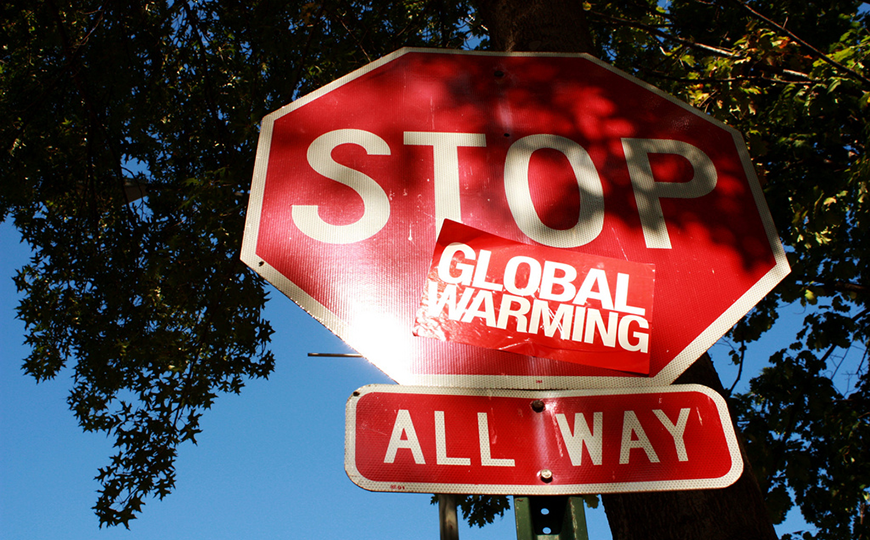Post from guest blogger Courtney.
Like most Americans, I am well aware of the dangers of global warming. The topic is a common subject across media platforms, occupying space on television news, blogs, and Facebook posts. Most people in progressive circles express a fair amount of certainty that thanks to climate change, life on this planet will be very difficult for its inhabitants, even 50 years from now.
And yet, the context, even one as dire as many of us envision, does not currently play a central role in people’s decision to have children. This seems odd, but it’s a natural consequence of the one-sided parenting model we now operate under. Under the three-sided model proposed by Having Kids, people would frame their decision not only in terms of their own desires, but also in the interest of their children and of the community/society.
In an environmental context where global warming is a major factor, potential parents should weigh their desire to parent against the wellbeing of their future child, as well as the ability of the community to respond effectively to a changing climate and environment. Such decision-making might result in a person deciding not to have children or deciding to have fewer children — children they would better equip to live in this more challenging world. Either way, the decision would be one that emerged from a broader — and some might say truer — perspective on the situation at hand.
At Having Kids:
We promote and protect every child’s right to a fair start in life by replacing unsustainable, parent-centered family planning models with the human rights-based and child-centered Fair Start family planning model. The model suggests a shift in family planning from a subjective focus on just the parents, to an objective focus that considers the interests of the potential child, the parents, and the community.
It’s all about this: Smaller families working together to give every child a fair start in life.
Today many families are adopting the Fair Start family planning model. First, they try to give their child a fair start in life by having a smaller family where they can invest more in their child. Often they also foster or adopt one of the many children eagerly waiting for parents rather than creating additional need. Second, they publicly role model their choices. Finally, these families join public advocacy campaigns to shift resources from extractive centers of power like governments, corporations, and wealthy families in order to democratically empower children and future citizens by incentivizing better family planning by all parents. Why? All parents know that the quality of their own child’s life will depend on how other parents decide to have and raise their kids.

